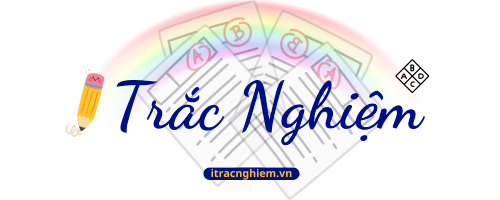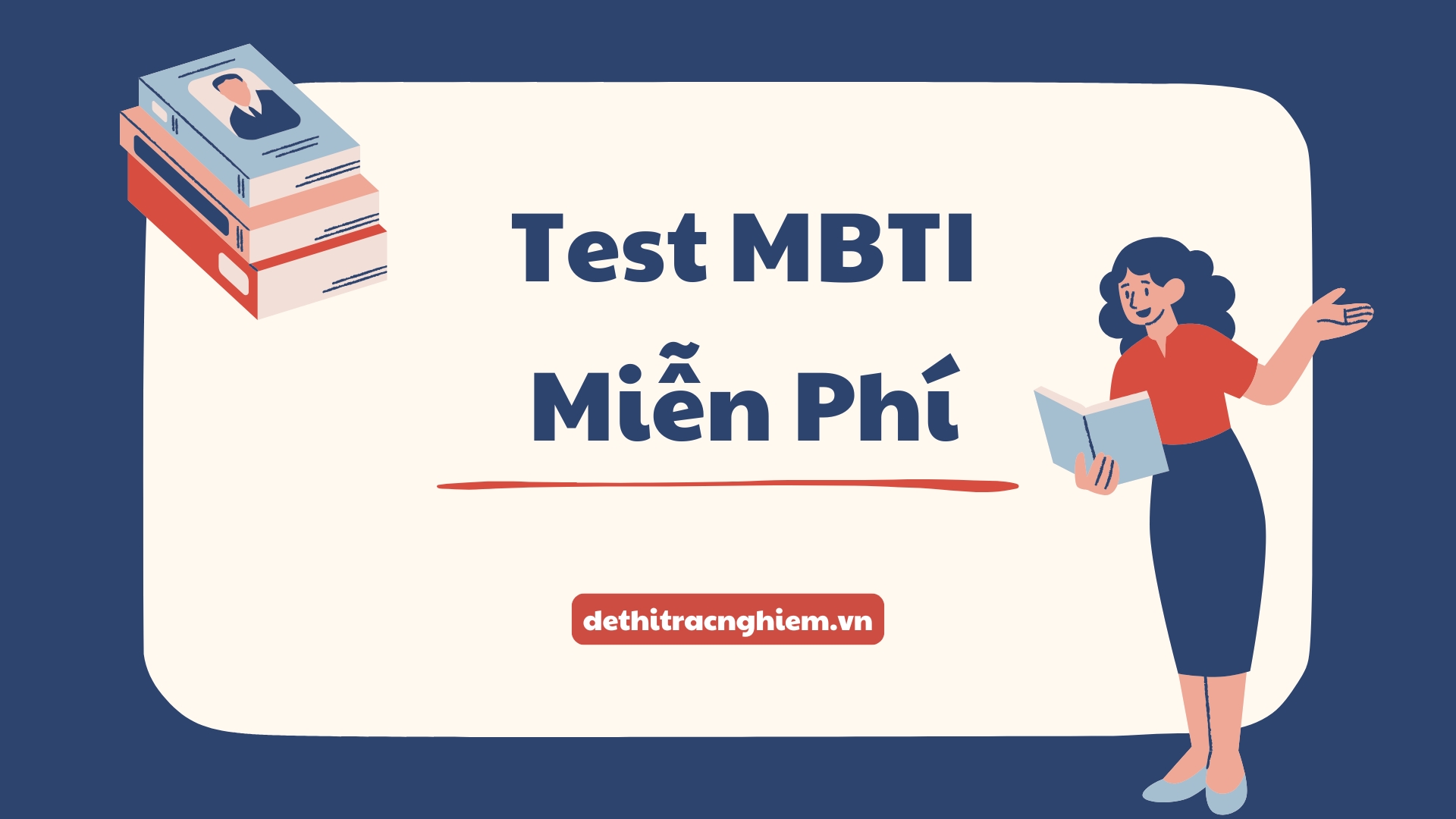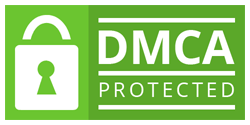Trắc nghiệm Tiếng Anh 12: Unit 4 – School Education System – Reading là nội dung quan trọng giúp học sinh nâng cao kỹ năng đọc hiểu về hệ thống giáo dục ở các quốc gia. Trong phần này, học sinh sẽ được tiếp cận với các đoạn văn về cấu trúc giáo dục, các cấp học, kỳ thi và những khác biệt giữa hệ thống giáo dục ở Anh, Mỹ và Việt Nam.
🔹 Những nội dung trọng tâm trong phần Reading:
✔ Hiểu nội dung chính (Main idea): Xác định ý chính của đoạn văn về hệ thống giáo dục.
✔ Chi tiết quan trọng (Specific information): Trả lời các câu hỏi về thông tin cụ thể trong bài đọc.
✔ Từ vựng học thuật (Academic vocabulary): Học các thuật ngữ liên quan như primary education (giáo dục tiểu học), secondary education (giáo dục trung học), higher education (giáo dục đại học), v.v.
✔ Rèn luyện kỹ năng đọc hiểu: Tìm ý chính, đoán nghĩa từ mới qua ngữ cảnh và phân tích cấu trúc bài đọc.
Hãy cùng Dethitracnghiem.vn khám phá ngay những bài đọc thú vị và kiểm tra khả năng đọc hiểu của bạn nhé! 📖🚀
Trắc nghiệm Tiếng Anh 12 Unit 4: School Education – Reading
ENGLISH TEST
PART 1: Read the following passage and then choose the best answer.
It is commonly believed that school is where people go to get an education. Nevertheless, it has been said that today children interrupt their education to go to school. The difference between schooling and education implied by this remark is important.
Education is much more open-ended and all-inclusive than schooling. Education knows no limits. It can take place anywhere, whether in the shower or on the job, whether in the kitchen or on a tractor. It includes both the formal learning that takes place in school and the whole universe of informal learning. The agent (doer) of education can vary from respected grandparents to the people arguing about politics on the radio, from a child to a famous scientist. Whereas schooling has a certain predictability, education quite often produces surprises. A chance conversation with a stranger may lead a person to discover how little is known of other religions. People receive education from infancy on. Education, then, is a very broad, inclusive term. It is a lifelong process, a process that starts long before the start of school, and one that should be an integral part of one’s entire life.
Schooling, on the other hand, is a specific, formalized process, whose general pattern varies little from one setting to the next. Throughout a country, children arrive at school at approximately the same time, take assigned seats, are taught by an adult, use similar textbooks, do homework, take exams, and so on. The slices of reality that are to be learned, whether they are the alphabet or an understanding of the workings of government, have usually been limited by the boundaries of the subject being taught. For example, high school students know that they are not likely to find out in their classes the truth about political problems in their communities or what the newest filmmakers are experimenting with. There are definite conditions surrounding the formalized process of schooling.
Questions:
- In the passage, the expression “children interrupt their education to go to school” mostly implies that:
A. Schooling prevents people from discovering things
B. Schooling takes place everywhere
C. All of life is an education
D. Education is totally ruined by schooling - What does the writer mean by saying “education quite often produces surprises”?
A. Educators often produce surprises
B. Informal learning often brings about unexpected results
C. Success of informal learning is predictable
D. It’s surprising that we know little about other religions - Which of the following would the writer support?
A. Without formal education, people won’t be able to read and write
B. Going to school is only part of how people become educated
C. Schooling is of no use because students do similar things every day
D. Our education system needs to be changed as soon as possible - According to the passage, the doers of education are:
A. Only respected grandparents
B. Mostly famous scientists
C. Mainly politicians
D. Almost all people - Which of the following is TRUE according to the passage?
A. Education and schooling are quite different experiences
B. The more years students go to school, the better their education is
C. Students benefit from schools, which require long hours and homework
D. The best schools teach a variety of subjects
PART 2: Read the following passage and mark the letter A, B, C, or D on your answer sheet to indicate the correct answer to each of the questions.
In my experience, freshmen today are different from those I knew when I started as a counselor and professor 25 years ago. College has always been demanding both academically and socially. But students now are less mature and often not ready for the responsibility of being in college.
It is really too easy to point the finger at parents who protect their children from life’s obstacles. Parents, who handle every difficulty and every other responsibility for their children, from writing admission essays to picking college courses, certainly may contribute to their children’s lack of coping strategies. But we can look even more broadly to the social trends of today.
How many people do you know who are on medication to prevent anxiety or depression? The number of students who arrive at college already medicated for unwanted emotions has increased dramatically in the past 10 years. We, as a society, don’t want to “feel” anything unpleasant and we certainly don’t want our children to “suffer.”
The resulting problem is that by not experiencing negative emotions, one does not learn the necessary skills to tolerate and negotiate adversity. As a psychologist, I am well aware of the fact that some individuals suffer from depression and anxiety and can benefit from treatment, but I question the growing number of medicated adolescents today.
Our world is more stressful in general because of the current economic and political realities, but I don’t believe that the college experience itself is more intense today than that of the past 10 years. What I do think is that many students are often not prepared to be young “adults” with all the responsibilities of life.
Questions:
- According to the writer, students today are different from those she knew in that they are:
A. Too ready for college
B. Not as mature
C. Not so academic
D. Responsible for their work - The word “handle” in paragraph 2 mostly means:
A. Deal with
B. Gain benefits from
C. Lend a hand to
D. Point at - According to the writer, students’ difficulties to cope with college life are partly due to:
A. The absence of parents’ protection
B. The lack of parental support
C. The over-parenting from parents
D. The lack of financial support - Which of the following is NOT TRUE according to the passage?
A. College faculty and staff are required to help in the parenting of problematic students
B. The college experience itself is more intense today than that of the past 10 years
C. Our world is more stressful because of the current economic and political situation
D. Our society certainly doesn’t want our children to experience unpleasant things - What is probably the writer’s attitude in the passage?
A. Praising
B. Indifferent
C. Humorous
D. Critical




